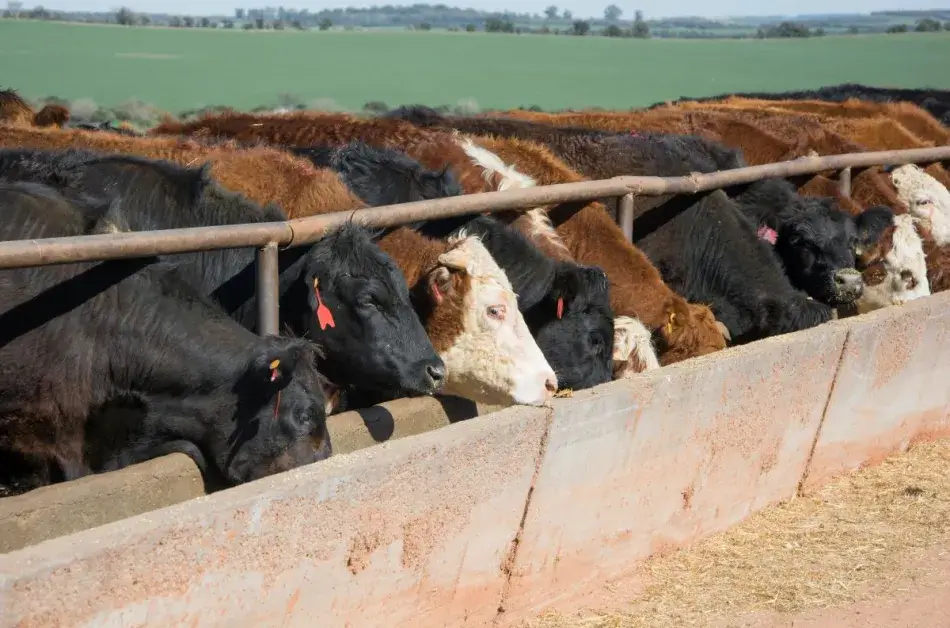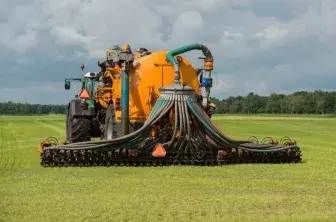Case study
Agricultural Technology for Livestock Farming: Assessing opportunities for methane emission reductions

Livestock farming is integral to many communities, providing food security and playing an important role in many cultures. However, livestock-produced methane emissions account for about 27% of anthropogenic methane emissions.i125 Ruminant animals, including cattle and sheep, are responsible for the majority of these emissions due to the structure of their digestive systems.
Employing strategies such as increasing feed intake, grazing on less mature grass, and adding methane inhibitors to feed have all been proposed to mitigate methane emissions.126 Increased quantitative research on these methods is needed to evaluate negative environmental or livestock health effects, but research so far suggests that these strategies could significantly reduce livestock-produced emissions levels.iiWhile employing combinations of these strategies will likely result in greater emissions reductions, it is possible that the use of certain strategies in tandem will decrease their efficacy. Further investigation into how these strategies interact with each other is needed to determine the compatibility of strategies. Additionally, the cost-effectiveness of these strategies needs to be evaluated to ensure that all farmers, regardless of income level, have access to more climate-friendly livestock practices and technology. Where financial barriers exist, additional support or incentives may be necessary.



